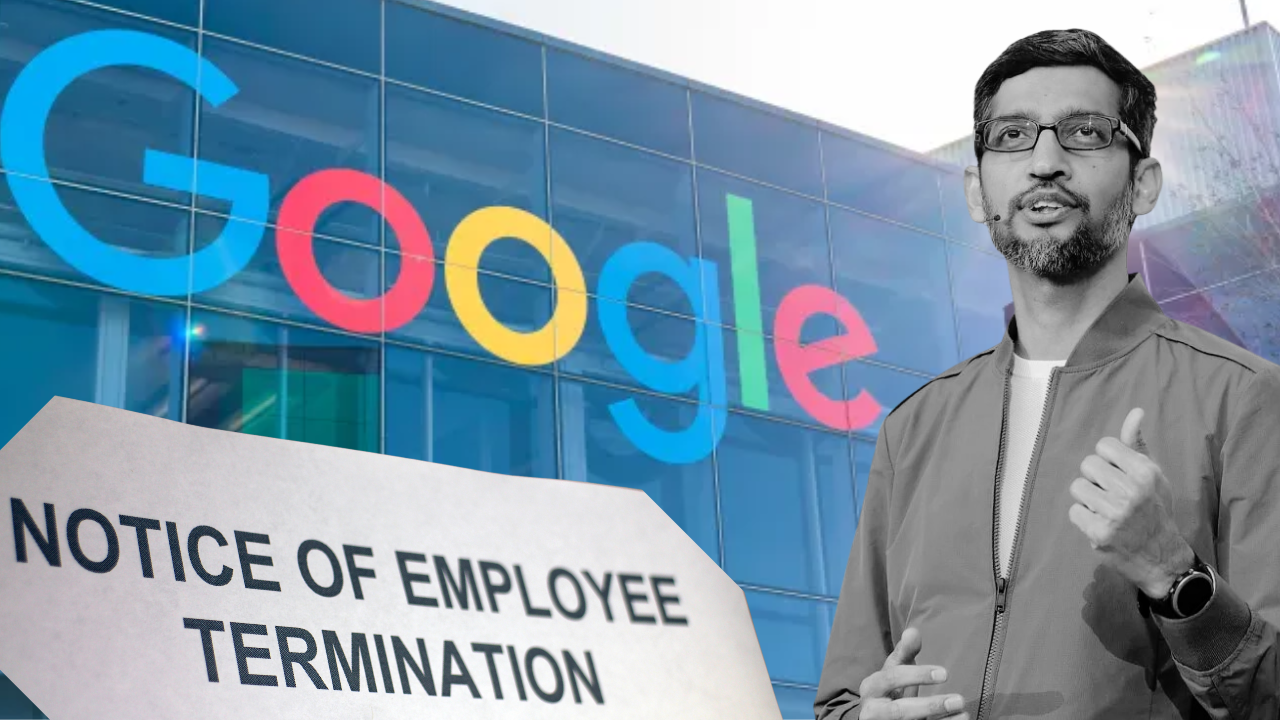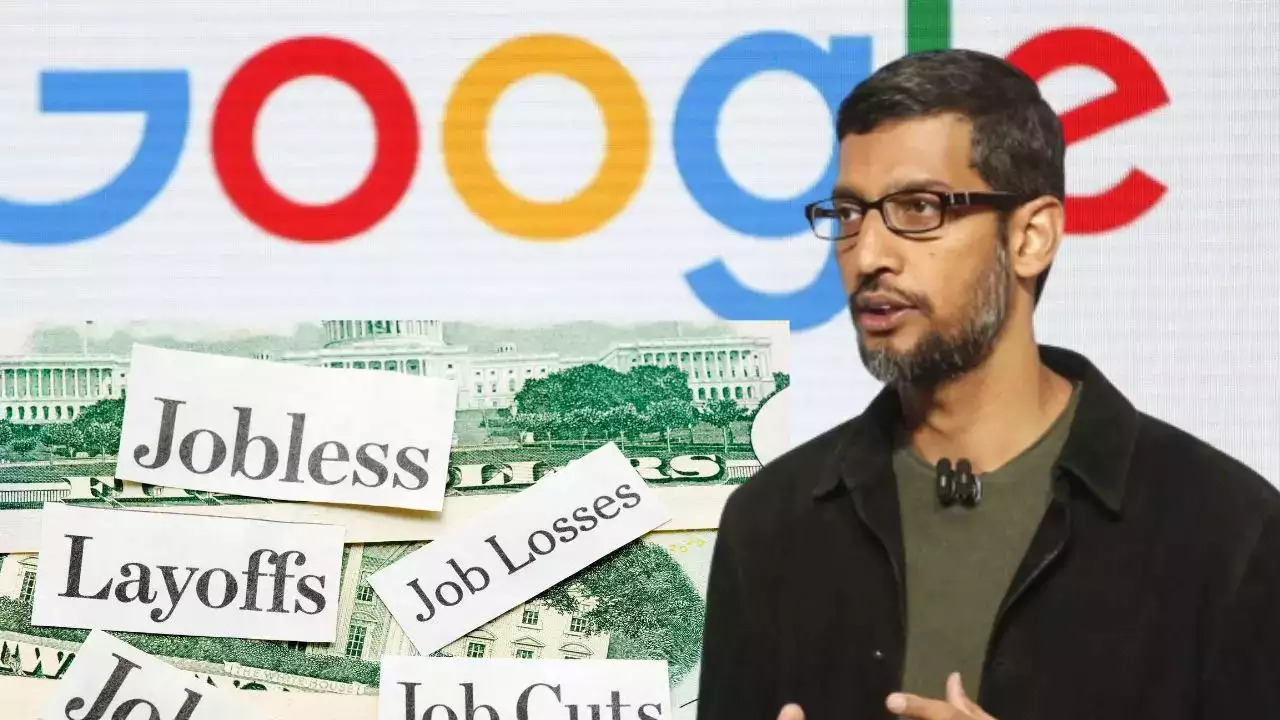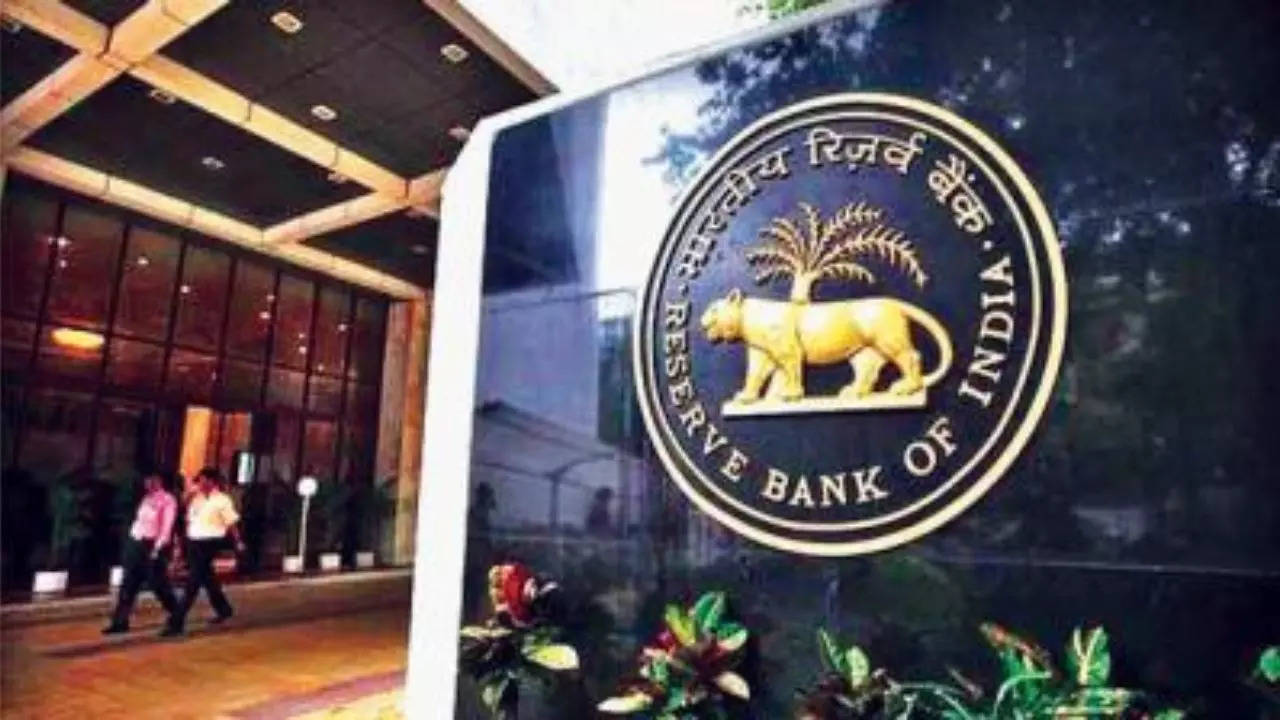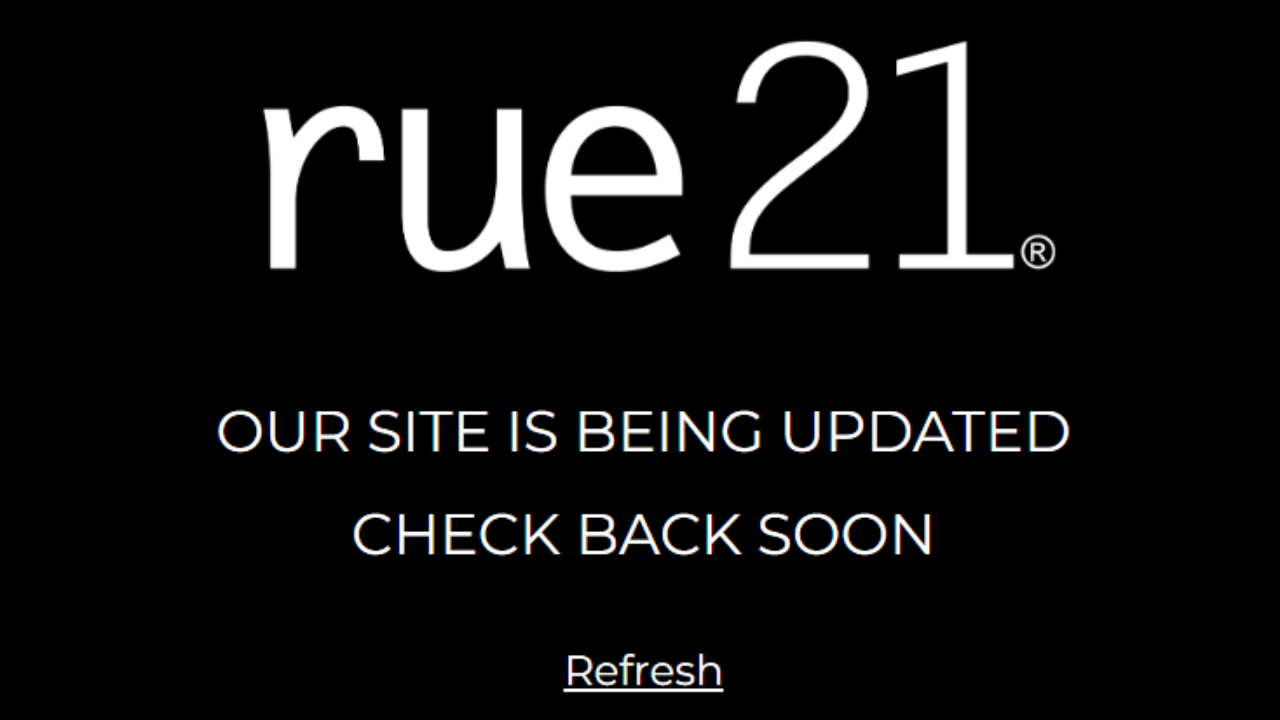

Firing Spree at Google: Sundar Pichai Terminates More Employees Who Protested Over Israeli Defense Deal – Check Details (image source: Today Technology Market ResearchDigital)
Google Layoffs: In the wake of recent sit-in protests at Google offices in New York and California, the tech giant led by Sundar Pichai has made headlines once again, this time for reportedly firing over 20 employees involved in the demonstrations. The protests stemmed from Google’s involvement in a USD 1.2 billion cloud computing project with the Israeli government, known as Project Nimbus. According to a report by The Verge, the company has now terminated the employment of nearly 50 individuals who participated in the protests, including what a spokesperson for the group No Tech for Apartheid described as “non-participating bystanders.”
The Project Nimbus Controversy
The catalyst for the protests was Google’s collaboration with the Israeli government on Project Nimbus, a lucrative defense contract. In response, employees staged a sit-in, lasting eight hours, to express their opposition to the project. Despite efforts to bring attention to their concerns peacefully, the situation escalated, leading to the arrests of nine employees. Google’s decision to terminate the employment of 28 individuals following the initial protests only served to intensify the controversy.
Further Dismissals and Backlash
The recent wave of firings, which reportedly included individuals who were not directly involved in the protests, has fueled criticism from advocacy groups and sparked debate over Google’s handling of employee dissent. No Tech for Apartheid’s Jane Chung emphasized that these dismissals bring the total number of terminated employees to over 50, raising questions about the company’s commitment to free expression and employee rights.
Google’s Response: Crackdown and Consequences
In response to the protests, Google’s head of security, Chris Rackow, issued a memo condemning the demonstrations as “unacceptable” and “extremely disruptive.” He warned that such behavior would not be tolerated and affirmed the company’s commitment to enforcing its policies. CEO Sundar Pichai echoed this sentiment, emphasizing the importance of maintaining a respectful and productive work environment. While acknowledging Google’s tradition of open discourse, Pichai stressed that there are boundaries that employees must adhere to, particularly when their actions disrupt operations or cause discomfort among their colleagues.
Challenges to Google’s Corporate Culture
The handling of the protests raises broader questions about Google’s corporate culture and its approach to ethical dilemmas and social responsibility. As one of the world’s leading tech companies, Google faces mounting pressure to balance its business interests with ethical considerations and employee activism. The recent events underscore the complexities of navigating geopolitical controversies and the expectations placed on multinational corporations to uphold human rights standards.




























